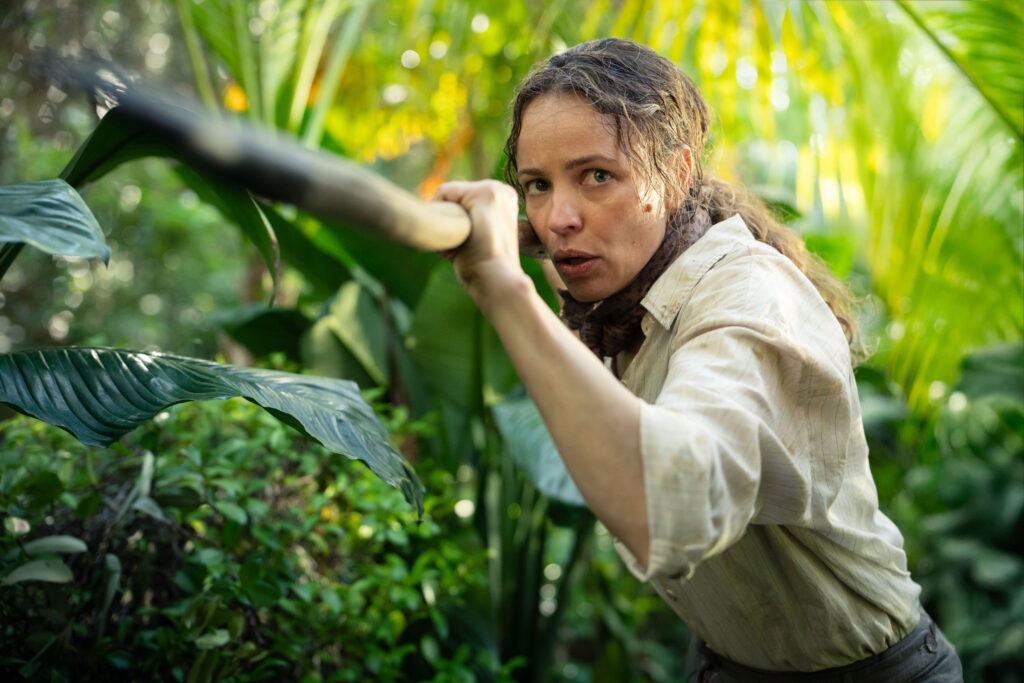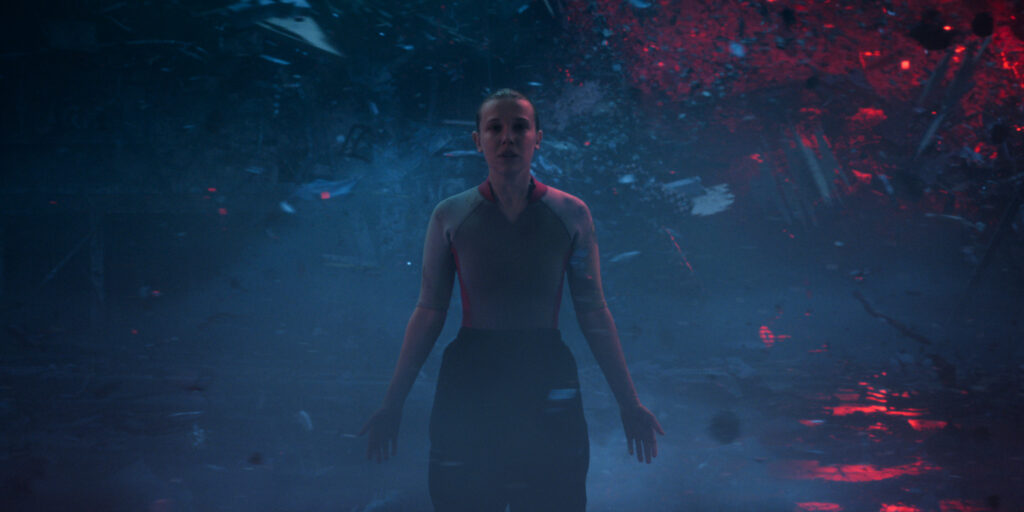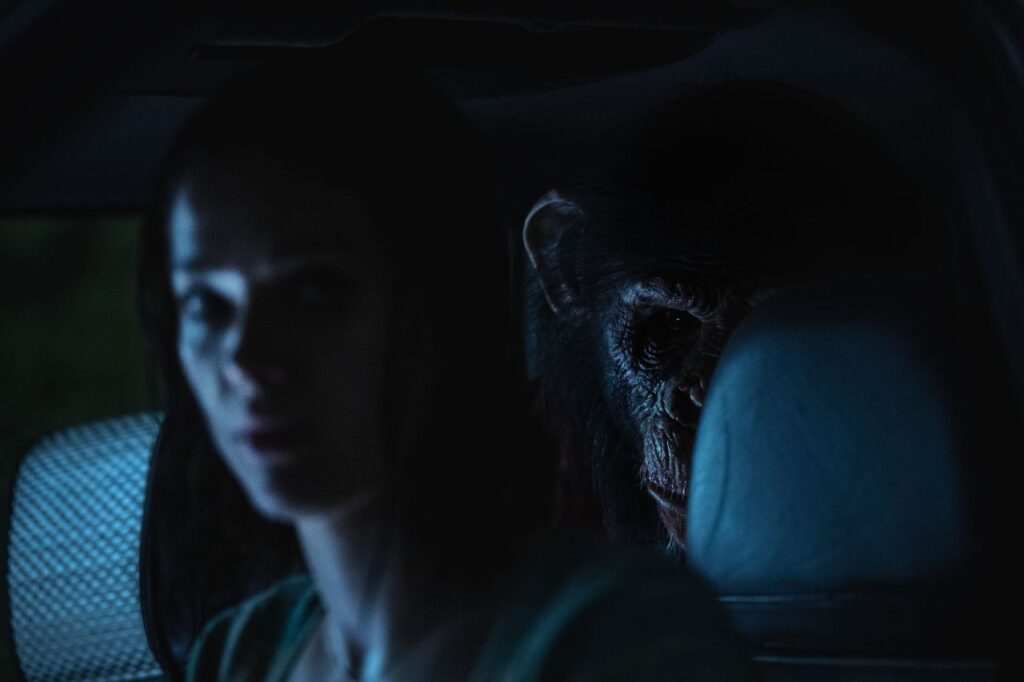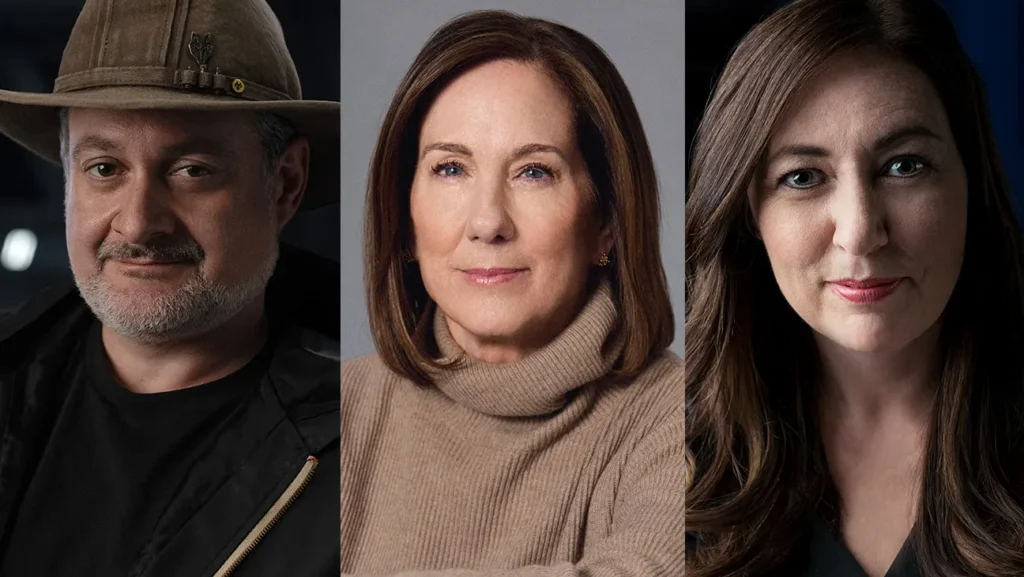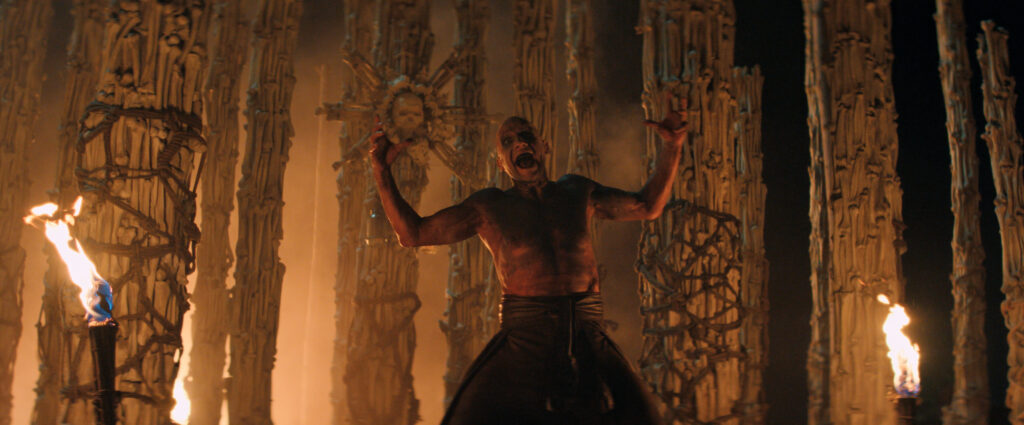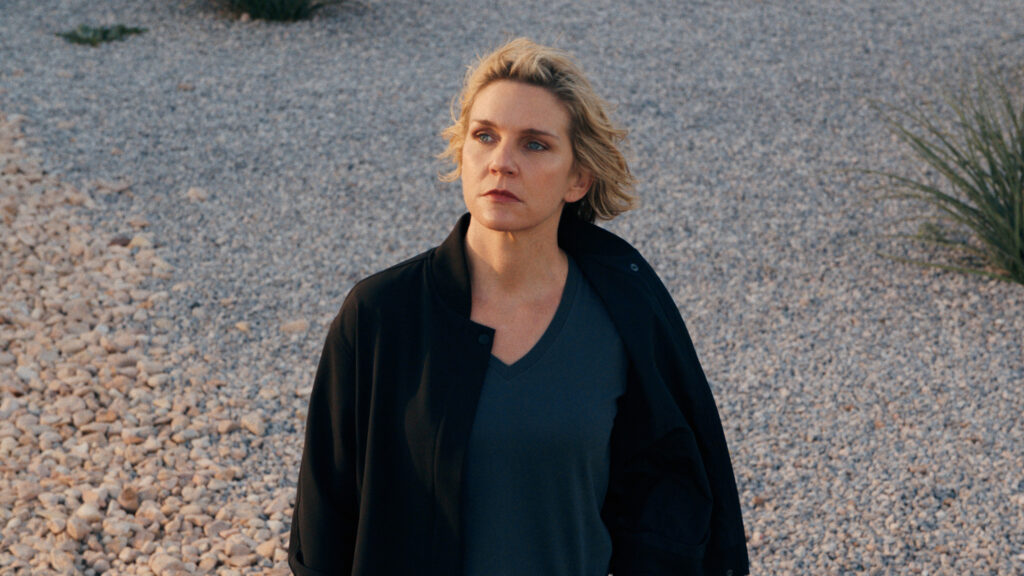Falling in love is easy. Staying in love? That’s a whole other story. Amid rising divorce rates, maintaining a long-term relationship in the 21st century seems more difficult than ever. In a world increasingly defined by personal success, wealth, and societal expectations, it’s only natural that our relationships reflect the times we live in. This is the backbone of The Roses, a piercing black satirical romantic comedy that dissects how unchecked materialism and ambition can send love spiralling into ruin.
Directed by Jay Roach, The Roses features a charismatic ensemble led by Benedict Cumberbatch and Olivia Colman. Centred on a volatile marriage, the film relies heavily on the chemistry and nuance of its leads, both of whom deliver compelling performances as brilliant, deeply flawed individuals. They’re charming when the script calls for it, and unapologetically insufferable when tensions erupt. Supporting turns by SNL alumni Andy Samberg and Kate McKinnon provide sharp comic relief, with some of the film’s most quotable lines delivered through their deadpan timing. In a story that blends dark satire with romantic dysfunction, the cast’s ability to balance absurdity with emotional authenticity is what holds it all together.
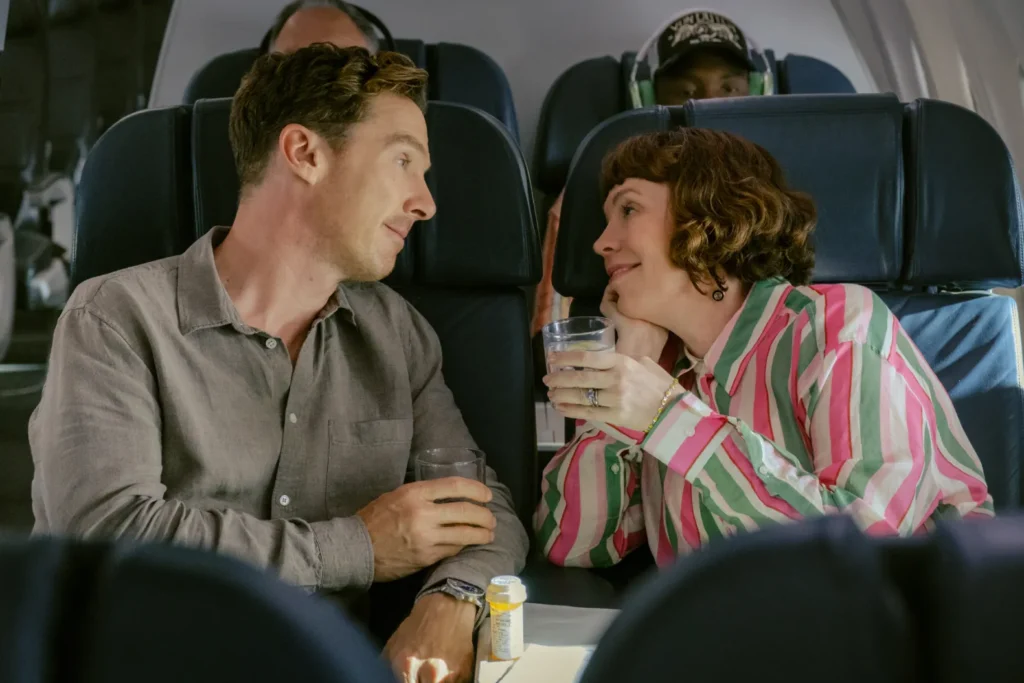
The Roses is at its most effective when exploring not just our fixation on success, but how that ambition interacts with long-standing gender roles. Although cultural expectations differ, the pressures linked to traditional masculinity and femininity still feel remarkably universal. The film captures this through a striking role reversal: Theo (Cumberbatch) and Ivy (Colman) once occupied conventional roles of breadwinner and stay-at-home parent, but when Ivy’s career surges and Theo takes on domestic life, their dynamic begins to crack. What follows is a tense unraveling of identity, ego, and control, as both partners struggle to adapt to a new balance of power.
In many ways, The Roses serves as a reflection on how modern relationships are being formulated today. Roach’s direction carefully navigates the ideological territory of toxic masculinity and radical feminism, not to push an agenda, but to reveal how extreme posturing on either side can erode intimacy. The film avoids simplistic judgements, instead highlighting the emotional cost of ambition and the growing disconnection that can emerge between partners and even their children. It’s a sobering reminder that with material gain, there often comes an emotional price — and sometimes, that price is love itself.
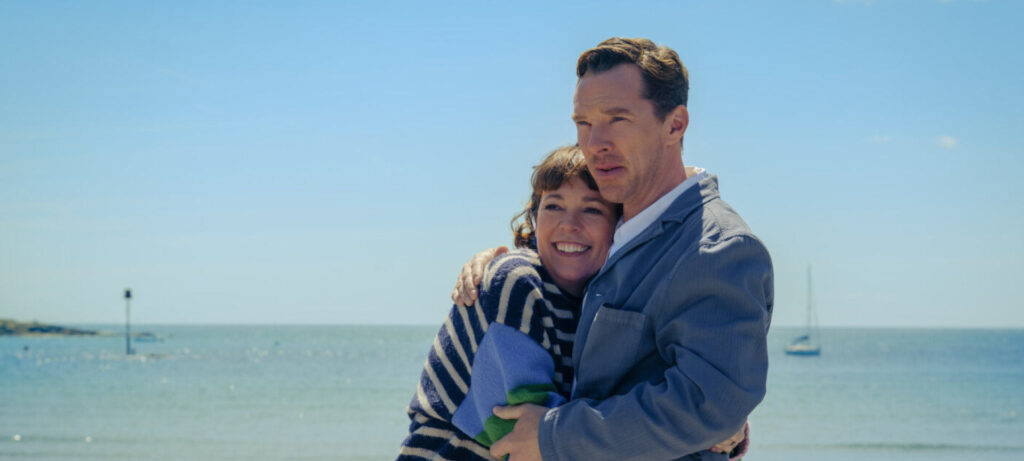
For all its thematic ambition, The Roses does occasionally falter in pacing. At 105 minutes, the film takes its time reaching its core message, and the slow burn can, at times, feel more drawn out than purposeful. Much of the narrative centres on a couple locked in an extended argument, which, though central to the film’s premise, risks becoming repetitive. The characters, too, can be difficult to root for — although that may be intentional. The film seems more interested in showing how even the most ordinary circumstances can push people towards becoming the worst versions of themselves.
Based on the 1981 novel The War of the Roses, The Roses offers a sharp, modern reimagining of what it means not just to fall in love, but to stay in it. Beneath its biting humour lies a painful truth: relationships are rarely untouched by ego, ambition, or societal pressure. The film encapsulates this with the idea that “love is handing someone a bullet and trusting they won’t pull the trigger.” Love can be difficult, painful, and even absurd — but perhaps it’s precisely those challenges that make it matter.

